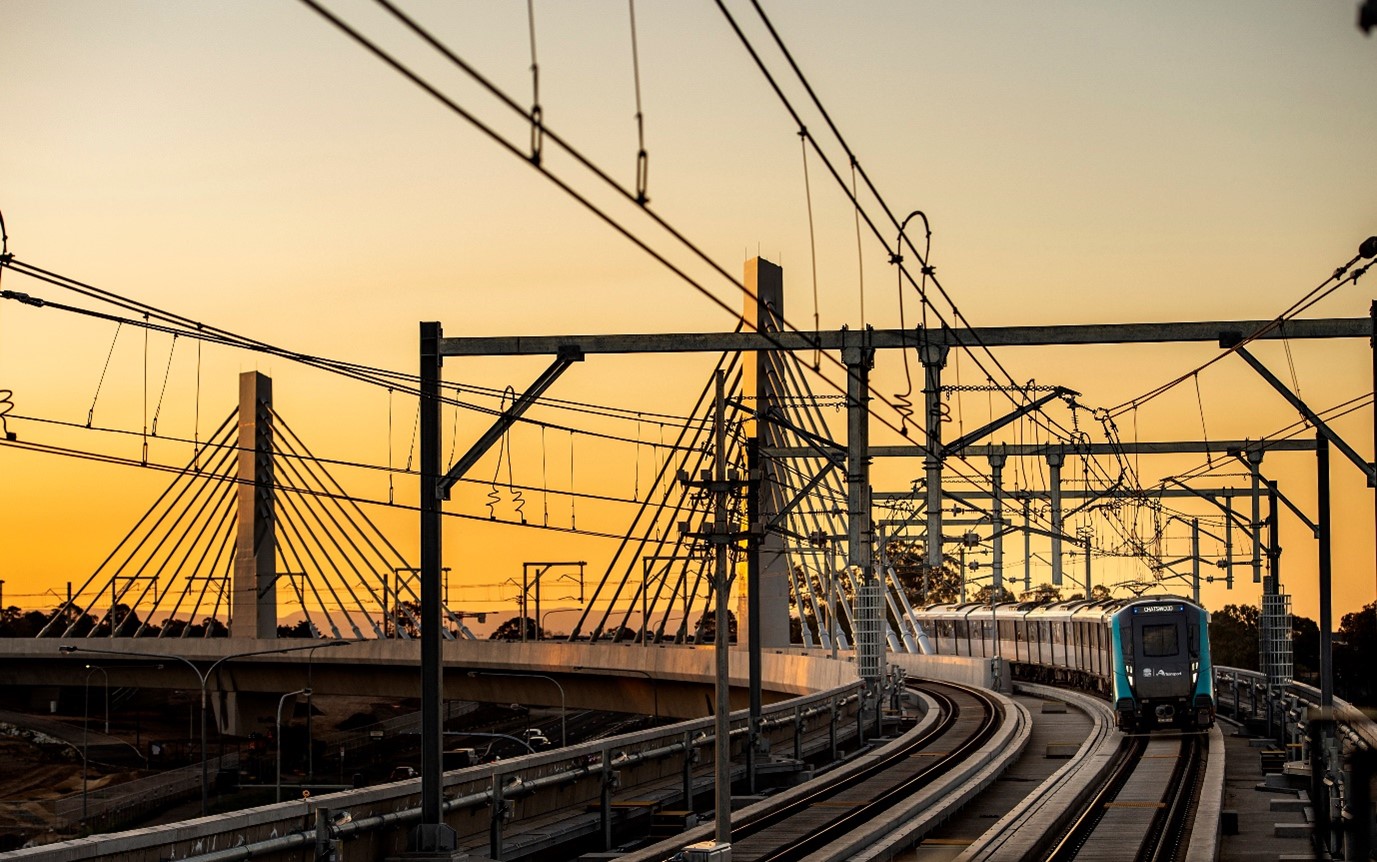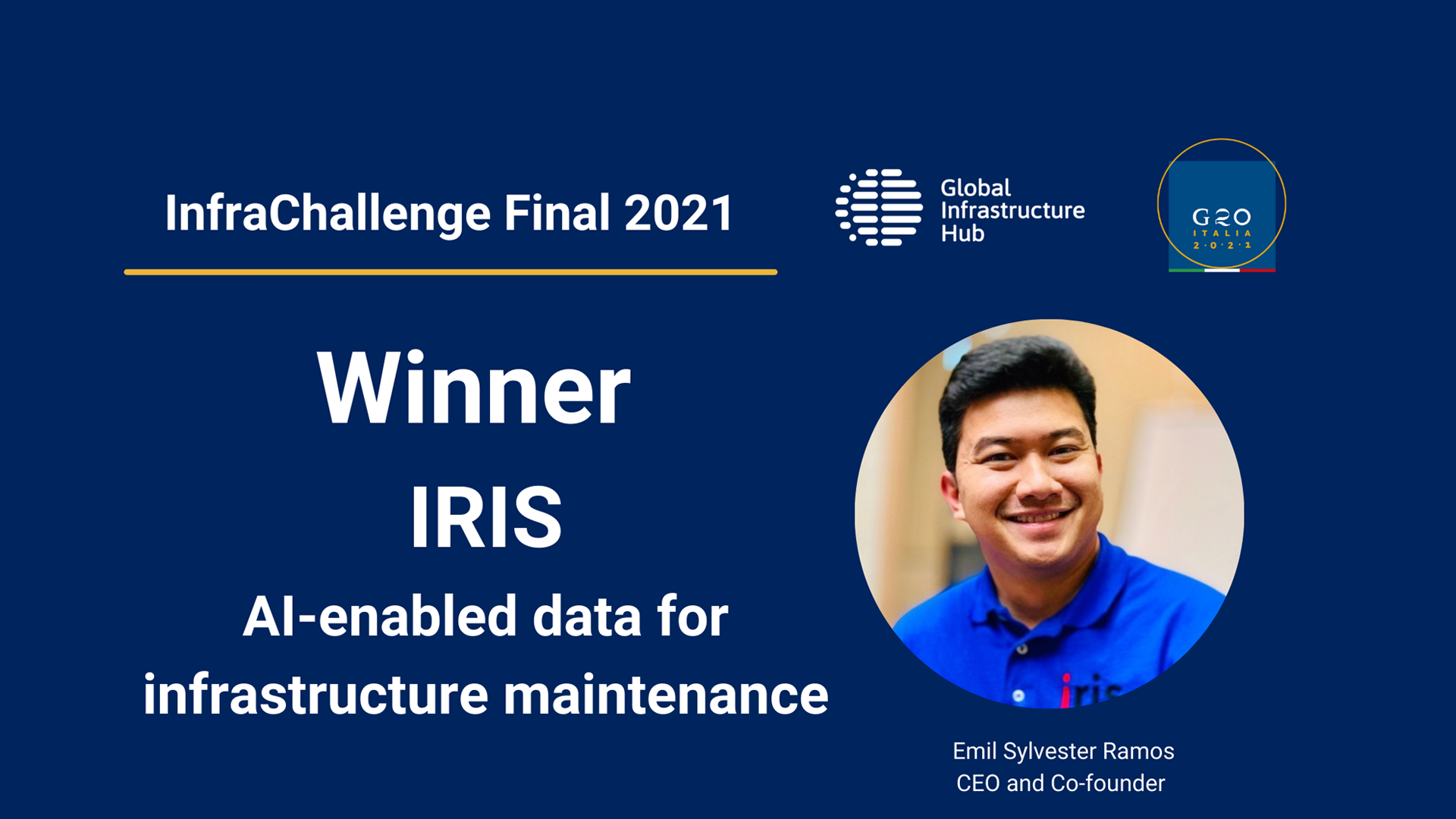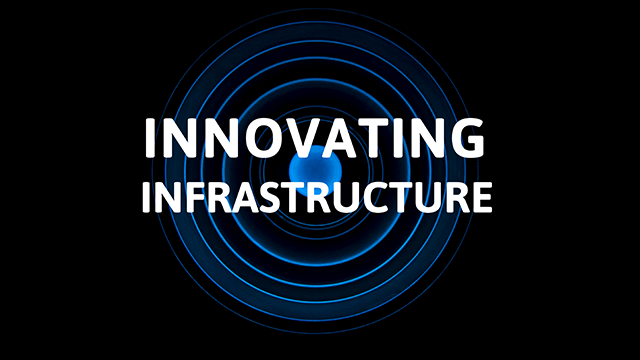816 results found
Featured results



More results
The Reference tool is meant to serve as a practical tool to help governments and other stakeholders understand and implement the critical success factors that deliver inclusive infrastructure. The Framework for Inclusive Infrastructure summarises the following six Actions Areas and related practices that ought to be considered for the systematic implementation of inclusivity in infrastructure at the policy and project levels.
How can we drive infrastructure delivery reforms? Join GI Hub and Jacobs on 26 October for the launch webinar of our newest initiative, Improving Delivery Models.
The recording is now available for the GI Hub and Italian G20 Presidency’s InfraChallenge 2021 Final which was held over two-days on 15 and 16 September 2021
What role can the private sector play in a green transition? How is green financing implemented, and what are the current green financing trends? These are a few of the key questions that will be explored in this GI Hub and IFC webinar.
In 2019, Irish electricity company ESB was seeking a solution to help them understand the structural health of its 47-year-old Turlough Hill pumped storage station, which generates up to 292MW into the Irish grid during peak demand periods and – as Ireland’s only pumped storage station – has a crucial role in the country’s ongoing transition to renewable energy grid stabilisation.
AI-enabled cameras detect road hazards in real time, enabling faster and securer maintenance for safer roads. Winning InfraChallenge will assist Canadian start-up IRIS to scale globally and reach emerging countries.
Join the GI Hub and G20 Italian Presidency for day two of the InfraChallenge final, in which the Top 10 competitors will give their final pitches of their solutions, and the 2021 winner will be announced.
This GI Hub and IFC webinar discussed approaches to attracting institutional investors and mobilising capital markets, highlighting solutions and lessons learnt from two recent projects.
With a USD3.7 trillion global infrastructure investment need that continues to widen, and government debt levels substantially higher than they were after the global financial crisis, recent infrastructure bond issuances offer valuable lessons.
The GI Hub today launches a shorthand cost-benefit analysis tool for analysing the environmental, social, and economic (ESE) benefits of bus transport projects.
Innovating Infrastructure is a new podcast from the GI Hub that showcases new and emerging technology-based solutions to infrastructure challenges. Hosted by GI Hub’s Director of Thought Leadership, Monica Bennett the ten-part series delves deep into these solutions to find out how they will create impact towards a more resilient future.
Join the GI Hub and G20 Italian Presidency for the two-day InfraChallenge 2021 final, featuring sessions with expert guest speakers exploring technological innovations and their role in creating resilient infrastructure, and the final of the InfraChallenge competition with live announcement of the 2021 winner.
In this panel discussion, participants will be introduced to approaches to attracting institutional investors and mobilising capital markets, hearing solutions and lessons learnt from recent projects in India and South Africa.
As countries announce major infrastructure packages to stimulate their post-pandemic recovery, the sector faces two substantial and related challenges: climate change and a funding shortfall, writes Marie Lam-Frendo, Chief Executive Officer of the Global Infrastructure Hub.
In 2021, the Global Infrastructure Hub published the findings of a survey of G20 members that collected case studies and examples of projects or programs that demonstrate the benefits of QII or exemplify good practice in their countries or in recipient countries. This survey was undertaken at the request of the G20 Infrastructure Working Group (IWG). It can be accessed here.

The aim of this exercise is to better understand the landscape by cataloguing and mapping what already exists, acknowledging that the list will never be exhaustive.

Delivering quality infrastructure will increasingly become a key priority for governments globally, requiring substantial investment from both the public and the private sectors.
InfraChallenge 2021 invited ideas for building and maintaining better, more resilient infrastructure. Today we announce the Top 10 competitors.

InfraCompass helps governments improve policies, institutions, and systems to optimise infrastructure investment.


Infrastructure projects are capital-intensive and emerging countries often rely on private investment to implement them. As projects generate revenues in local currency (usually escalated by local inflation), the mismatch between the revenues and the debt service in foreign currency represents a major risk. Without a reliable mechanism to properly mitigate the foreign exchange (FX) risk, relevant sources of potentially long-term and less expensive funding are not accessible. A deep assessment of the FX risk and the development of innovative mitigatory solutions is critical to amplify the offer of long-term credit facilities for infrastructure financing.




 Inclusive Infrastructure
Inclusive Infrastructure

















